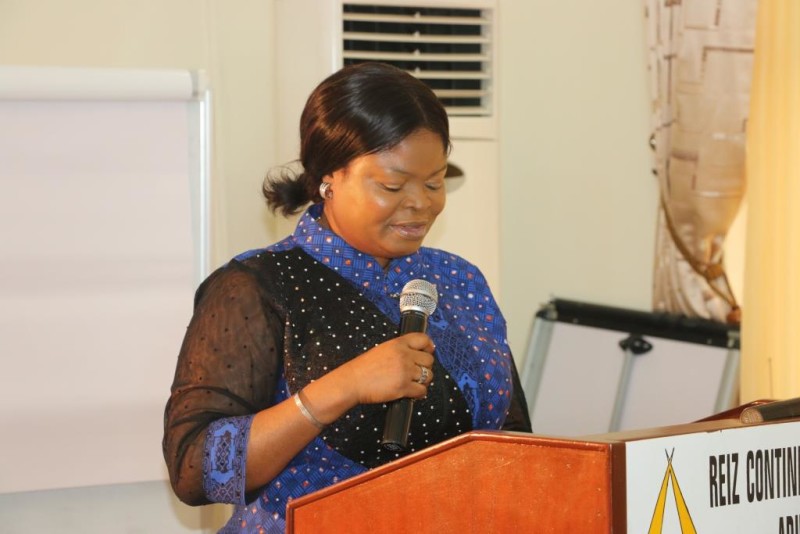The Senior Special Assistant to the President on Sustainable Development Goals (SDGs), Princess Adejoke Orelope-Adefulire, has called on stakeholders to support the drive to beat the unending pollution caused by inappropriate disposal of plastic materials.

Princess Orelope-Adefulire gave this charge in a statement issued in commemoration of the 2018 World Environment Day celebration with the theme: “Beat Plastic Pollution”. She added that plastic pollution has become an epidemic in the Nigerian society and indeed across the world.
The Presidential Aide aligned with reports by UN Environment, which shows that “we throw away enough plastic to circle the Earth four times every year. Much of that waste doesn’t make it into a landfill, but instead ends up in our oceans, where it’s responsible for killing one million seabirds and 100,000 marine mammals every year, and it can persist for up to 1,000 years before it fully disintegrates. For the good of the planet, it’s time to rethink how we use plastic.”
“Every year, 500 billion plastic bags are used around the world; 13 million tonnes of plastic leak into the ocean, 17 million barrels of oil are used on plastic production; 100,000 marine animals are killed by plastics; and 83% of tap water are found to contain plastic particles. This is alarming and dangerous to the environment. In particular, it’s impacting the ocean, which is the lungs of our planet, providing most of the oxygen we breathe, major source of food and medicines and a critical part of the biosphere,” adds the UN body.
Orelope-Adefulire maintained that there is need for the public to help beat plastic pollution by switching to materials that are easily reusable as alternative to plastic, adding that as the planet continues to grow relentlessly in population, a corresponding growth in waste products also occurs. She noted that though the society has an etiquette that separates waste products from the immediate living areas, the waste however creates huge environmental problems and impacts the entire planet. She therefore advocated for continuous recycling as a method to deal responsibly with the plastic problem.
The goal of recycling is to separate waste products into two major categories, Biodegradable and Non-biodegradable, with plastic constituting a larger part of the non-biodegradable waste component.
“Beat Plastic Pollution” is a call to action for everyone to come together to combat one of the great environmental challenges of our time. It also invites all to consider how they can make changes in their everyday lives to reduce the heavy burden of plastic pollution on the environment, wildlife and the health of the people.
While plastic has many valuable uses, people have become over reliant on single-use or disposable plastic – with severe environmental consequences. Around the world, one million plastic drinking bottles are purchased every minute. Every year, up to five trillion disposable plastic bags are used, with 50 per cent of the total plastic in single use.
